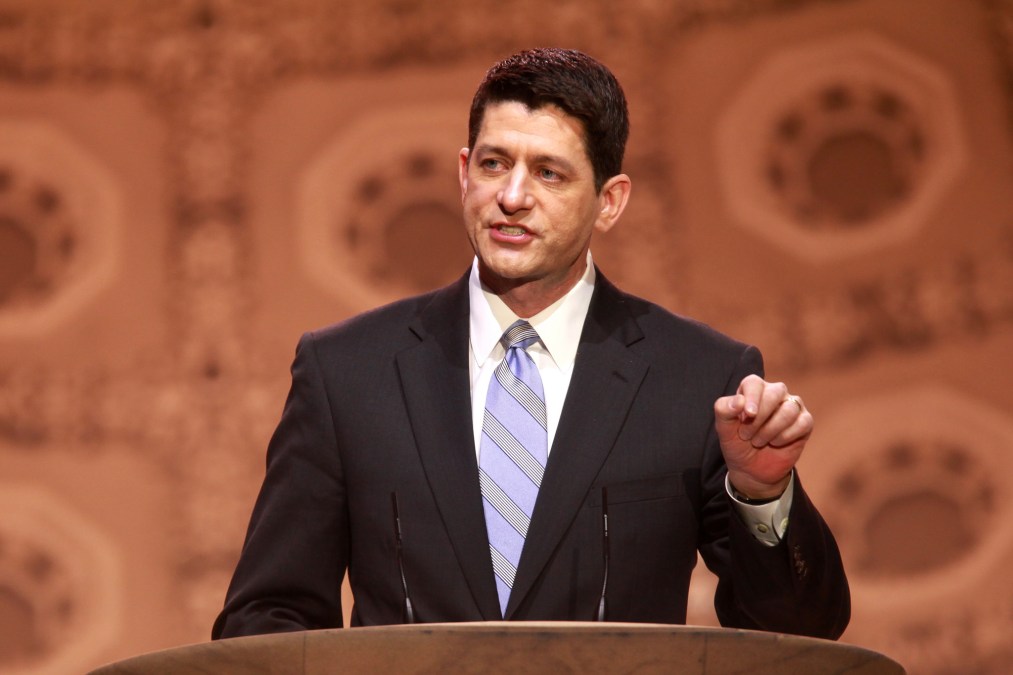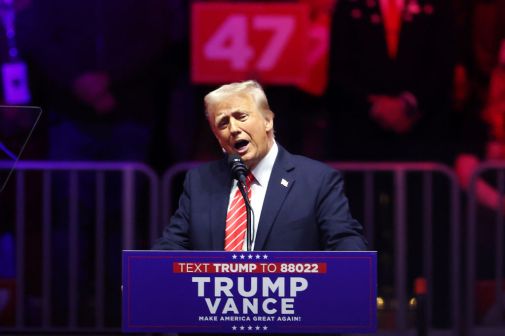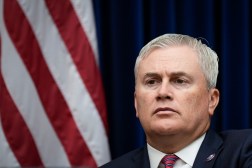House GOP security plan offers vague cyber strategy

On Thursday, while the cable news cycle obsessed over U.S. President Barrack Obama’s endorsement of presumptive democratic nominee Hillary Clinton, House Speaker Paul Ryan quietly announced the new House Republican national security platform.
In a 23-page report titled “A Better Way Forward,” Ryan puts forward a rudimentary framework for the U.S. security posture in a post-Obama era. Interestingly, though perhaps unsurprisingly, it appears that cybersecurity will be a focus for House Republicans in the coming years.
FedScoop reached out to Ryan’s office, but was referred to Republicans on key committees. The speaker also did not take questions from reporters when he rolled out the document Thursday at the Council on Foreign Relations, according to Politico.
The Republican security platform provides harsh criticism of — and an alternative to — the foreign policy approach of President Obama’s 8-years in office. It is also indirectly intended to steer presumptive GOP nominee Donald Trump’s ambiguous security policies into a lane, based on statements made by Homeland Security Chairman Mike McCaul at the Council on Foreign Relations’ event.
https://www.youtube.com/watch?v=8R1nydIhwsE
“I think this is a document that we hope the nominee will read, and take attention to,” McCaul said.
Without diving into a detailed policy analysis of any sort, the House GOP plan touches on a variety of important security concerns from terrorism and the U.S. relationship with NATO to cybersecurity technology acquisition. Cybersecurity, in particular, featured prominently in the agenda.
In just 23 pages, the word “cyber” appears 22 times — usually to reiterate its importance in a nondescript manner. A line in the first paragraph, introducing the plan, reads: “We are being targeted by criminals, cartels, and agents of foreign governments who are exploiting vulnerabilities to enter our country, from border crossings to cyberspace.”
To be clear: “A Better Way Forward” does not appear designed to be a specific and detailed policy manifesto. Instead, it outlines the party’s broad position on national security.
Central to the GOP’s security plan is a “modernization” of the military and this theme covers cyber as well.
“U.S. network security” should be treated as a central element of national security, the plan proposes, and it says the government should better assist state, local and private-sector entities who are facing digital attacks. It’s unclear how either will happen, either in the form of budget allocations or policy changes.
Encryption is another topic vaguely addressed in “A Better Way Forward.” Though the actual word “encryption” is only featured once — in a context that calls it the “bedrock of Internet security” and a topic that requires the public, private and government to “work together” for a solution — a closer review suggests that the House GOP’s stance is more complicated.
“Finding shelter in virtual safe havens, terrorists and criminals are using secure online communications to avoid detection. Their ability to ‘go dark’ can cause law enforcement to ‘go blind,’ degrading the government’s ability to detect and disrupt terrorist plots and crimes in our communities. In confronting this challenge, however, we must not undermine American citizens’ privacy protections,” the Republican security plan reads.
To contact the reporter on this story you can send him an email via chris.bing@fedscoop.com or follow him on Twitter at @Bing_Chris. Subscribe to the Daily Scoop to get all the federal IT news you need in your inbox every morning at fdscp.com/sign-me-on.






